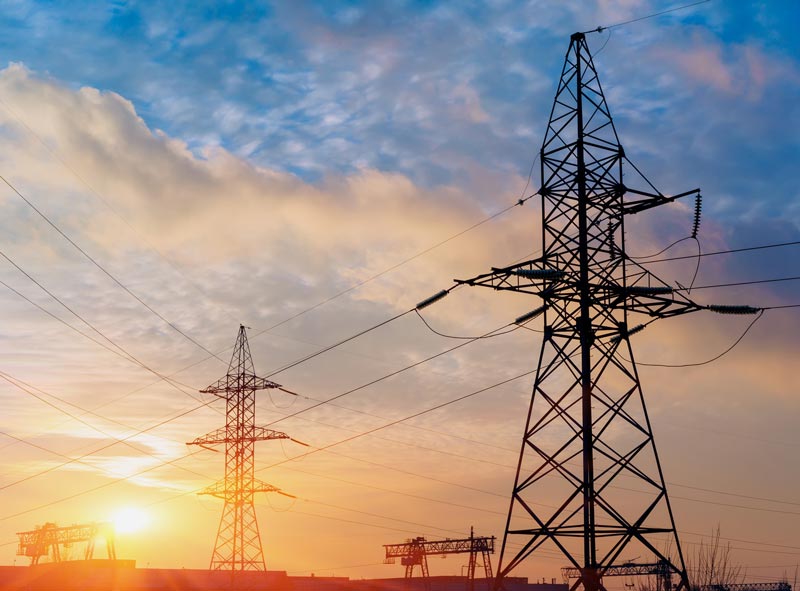EDF Announces Bill Hike Following Raising of Price Cap

EDF has become the second Big Six supplier to announce a bill hike in the wake of the increase of the new price cap.
EDF, which has an 11% share of the domestic electricity market and 8% share of the gas market, will raise prices by 10% for the 1.3 million customers on its standard variable and default tariffs from 1 April.
Dual-fuel customers with typical use can expect their bills to rise £118, to £1,254, the new level of the price cap as announced by Ofgem last week.
The announcement follows E.On’s decision to bring its prices in line with the new cap. Other suppliers are expected to follow suit.
“These changes for standard variable tariffs will not come into effect until 1 April and we will write to customers before then, highlighting the other tariffs available,” a spokeswoman for EDF Energy said.
The energy price cap was introduced by the government to protect consumers from the so-called loyalty penalty, the premium paid by customers on default and standard variable tariffs (SVTs). These households often pay over the odds for energy because they’ve stuck with their supplier long after any fixed rate deal has expired and not shopped around for a better deal. When the price cap was introduced, Prime Minister Theresa May said it would benefit millions of families that have been “ripped off by energy companies for far too long.”
At its initial level, the cap was to trim an average of £76 and a maximum of £120 off the bills of the 11 million households—54% of the total—on SVTs and default tariffs and cut £1 billion from Britain’s collective energy bills.
But following a scheduled semi-annual review, Ofgem last week announced a 10.3% increase in the cap, to account for a 17% rise in wholesale energy prices. Ofgem attributed £73 of the £117 price hike to these inflated wholesale prices, with gas prices driven upward by higher global oil prices and increased demand at home during last year’s harsh winter, with a knock-on effect on the price of electricity, 40% of which is generated from gas in the UK.
Ofgem defended raising the ceiling of the cap.
Dermot Nolan, chief executive of Ofgem, said: ”We can assure these customers that they remain protected from being overcharged for their energy and that these increases are only due to actual rises in energy costs, rather than excess charges from supplier profiteering.”
Ofgem also said in a statement that if wholesale energy prices fell in the future, the cap would ensure suppliers passed those savings onto consumers.
Additionally, the regulator claimed that customers would be paying £75 to £100 more for their energy if the cap didn’t exist.
Consumers have long been urged not to be complacent about their energy tariff or to believe price caps ensuring them the best deal on the market. Even at the current level of the cap, consumers on SVTs can save hundreds of pounds a year on their energy by switching to fixed rate deal.
Read on our blog

With the government poised to implement tough new measures to...

Budget broadband provider TalkTalk has been notifying customers via email...

A year-long investigation by charity Citizens Advice has revealed a...

Education Secretary Nadhim Zahawi has announced a new commitment to...
